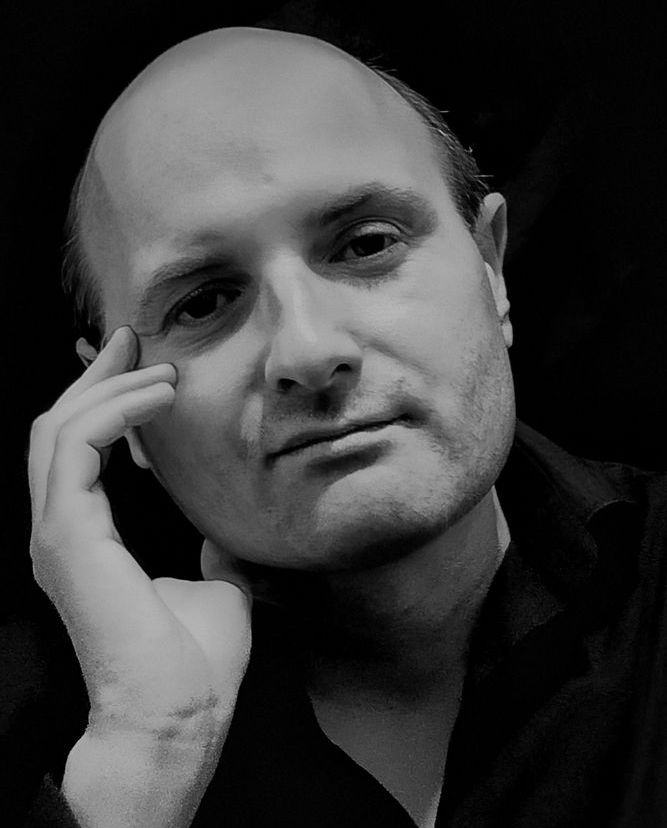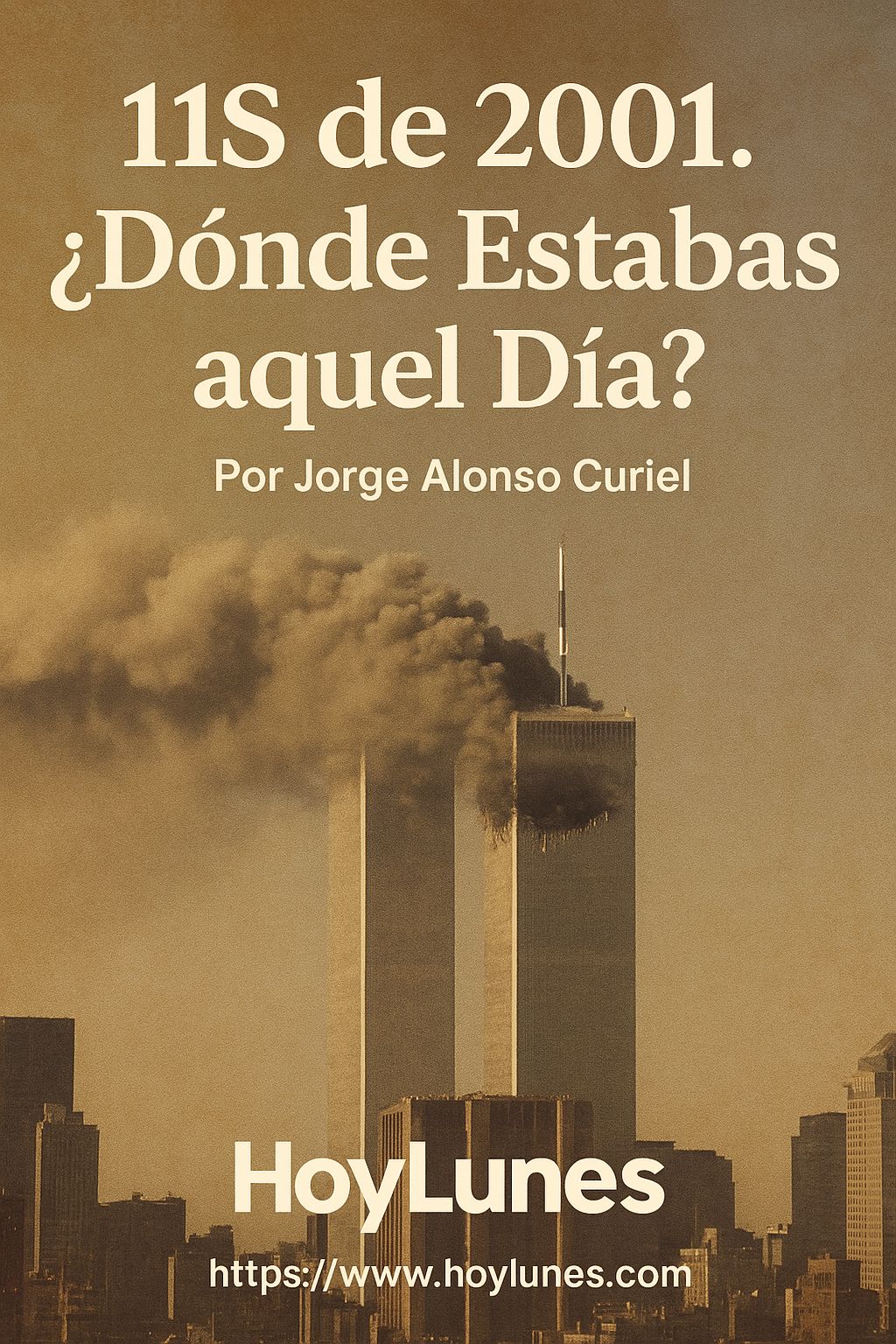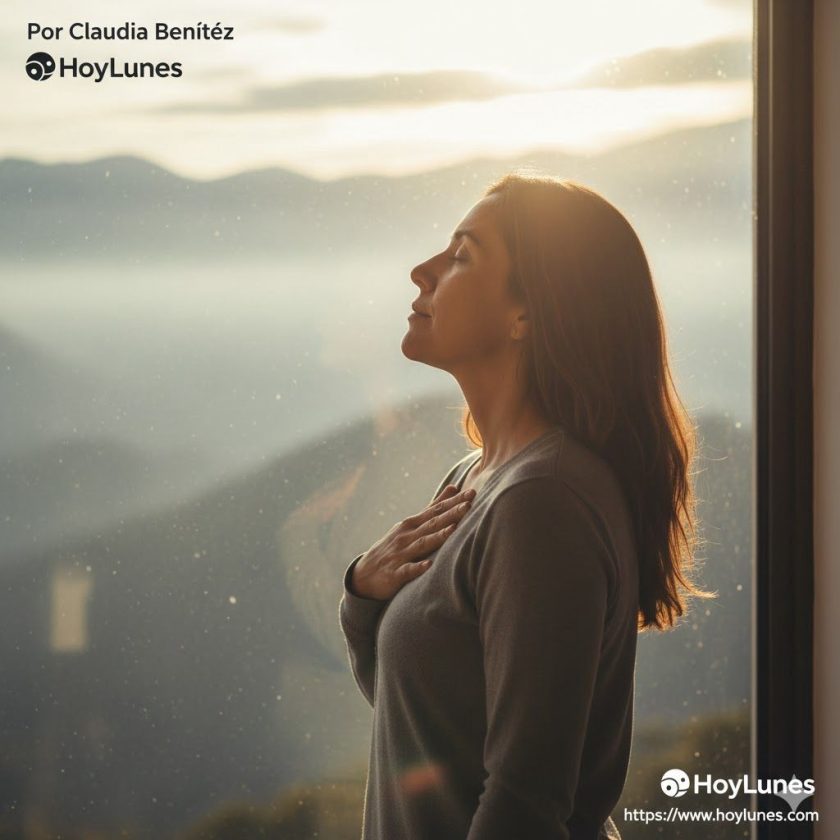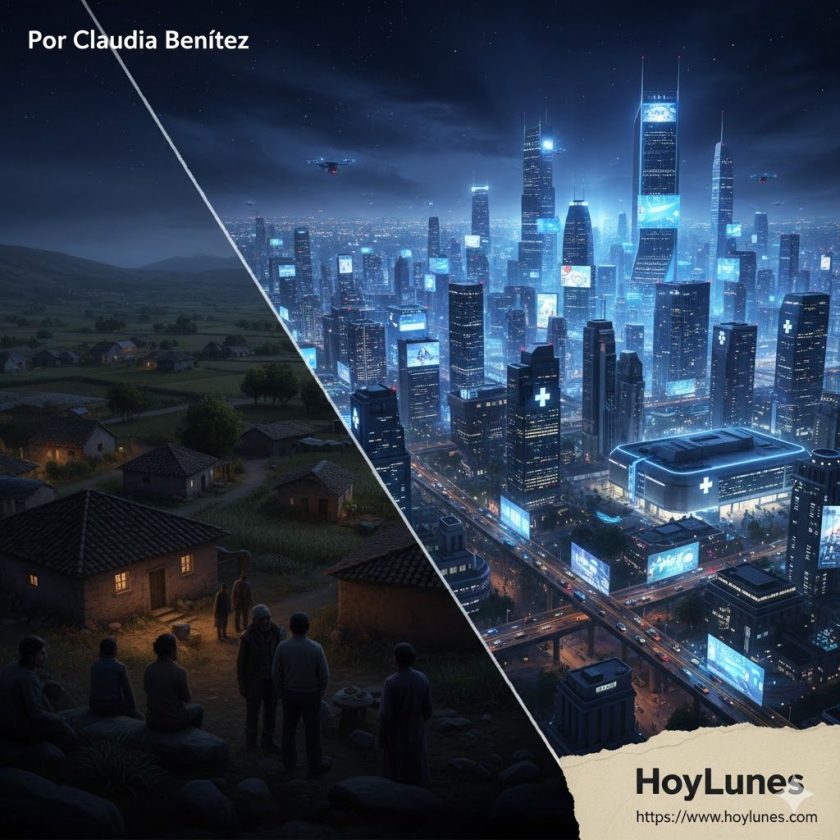It has been 24 years since the most significant terrorist attack in history, one that made the world a more anxious, distrustful, and somber place.
By Jorge Alonso Curiel
HoyLunes – There are days, moments over the course of the years, that we cannot forget. We all remember what we were doing and where we were on Tuesday, September 11, 2001, as we watched New York’s Twin Towers fall on television—or perhaps heard it over the radio. That was the true beginning of the 21st century, the start of a new era ruled by shock, disbelief, fear, and mistrust. Just as we cannot forget what we were doing and where we were on the morning of March 11, 2004, when several trains exploded in Madrid in another heinous jihadist attack. The impact was brutal, and these events are seared into our memory, because they shaped our world and our path. Because after them, we were no longer the same.
That September 11, 2001, I was 26 years old, and it was hot, unbearably hot; a splendid day at the end of summer, soon to give way to nostalgic autumn. A few minutes past three in the afternoon, I was at my countryside refuge, sitting on the porch, reading in the shade, with the radio playing in the background. Suddenly, a nervous and deeply worried voice announced that a plane had crashed into one of the Twin Towers of the World Trade Center. And then, second by second, came everything that followed, including the attack on the Pentagon. Each step of that tragedy carried out by Al Qaeda seemed drawn from the best disaster film, but it was not fiction. Fiction had become reality: a nightmare that did not vanish when you opened your eyes, or when you went to make coffee, or stepped into the shower.

Shaken, unable to believe what I was hearing, and waiting for someone to say that it was all a joke or some kind of experiment—like Orson Welles’ 1930s radio adaptation of H.G. Wells’ The War of the Worlds and its supposed alien invasion—I could not continue reading that book, the title of which I no longer remember, nor could I do anything I had planned for that afternoon. The only thing I could do, the only thing possible, was to follow the entire catastrophe over the radio, since at that time, in my refuge, I did not have a television.

But what I also cannot forget from that scorching afternoon, those crucial moments, was what was happening right in front of me, some fifty meters from the porch, out in the fields. The owner of a half-built house kept working on construction as if nothing significant were happening in the world at that moment—unaware of the tragedy, the apocalypse, the end of an era. The cement mixer kept whirring—I cannot forget its mechanical sound—raising that house, while thousands of kilometers away the only sounds were deafening collapses and relentless cries of grief. It was the two sides of the same coin. How could that man keep working with everything that was happening? I wondered. How was it possible that such devastation, such darkness, didn’t affect him, and that he went on with his tasks so unconcerned? How could one explain such a triumph of insensitivity?
The cement mixer kept rumbling until dusk fell and it was time to rest. That sound symbolized a world that continued to turn, as it always has, in its relentless, blind, and cruel motion—despite the disaster, the nearly three thousand dead and 25,000 injured, despite the senselessness and the pain.

#hoylunes, #jorge_alonso_curiel,



